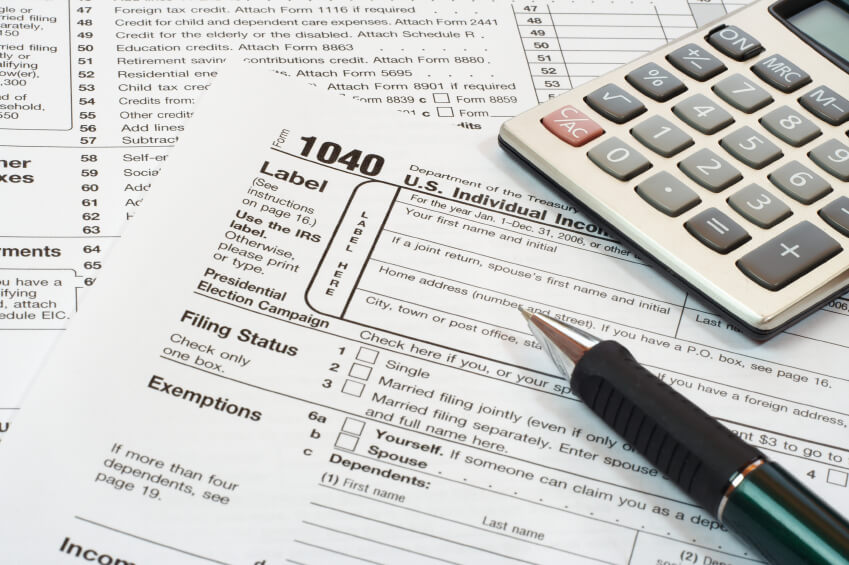While the CWALT is not an event to that particular litigation, the brand new going measures of its certification owners aren’t securely prior to which Court; no matter if they were, although not, plaintiff’s claim do nonetheless falter, due to the fact their particular contentions of CWALT’s diminished consent was conclusory and you will with no factual help.
Its undeniable that CWALT is not an excellent “party unknown” to help you plaintiff; therefore, CWALT is not used in plaintiff’s wide breakdown regarding unnamed defendants.
Even though it is likely that defendants could have did not go after the proper property foreclosure methods, it is undisputed that defendants met with the directly to foreclose established abreast of plaintiff’s standard in loan

Plaintiff’s fourth allege aims a good decree from this Courtroom that debated property is totally free and you can free of all of the encumbrances, like the Deed regarding Faith. Plaintiff’s revised quiet title allege was just like which claim inside their own earlier in the day problem, aside from plaintiff adds a paragraph proclaiming that defendants’ interest “when you look at the plaintiff’s real estate was instead of merit while the plaintiff’s note are separated of plaintiff’s action off trust by the defendants, tranched, and you will marketed so you can divergent dealers.” SAC 49.
The remainder of plaintiff’s declaratory wisdom allege is contingent through to the new achievement you to definitely any loan within the MERS method is unenforceable
The factual allegations supporting the complaint are once again conclusory. With the exception of the additional paragraph, the entirety of plaintiffs fourth claim states that “[p]laintiff is the owner in possession of real property . . . [defendants are] not in possession of plaintiff’s real property . . . [defendants] claim a right [which] . is adverse to plaintiff’s interest.” Id. at 37-43. Accordingly, plaintiff continues to merely allege the elements of a claim to quiet title. Come across Or. Rev. Stat. (“Any person claiming an interest or estate in real property not in the actual possession of another may maintain a suit in equity against another who claims an adverse interest”).
More importantly, however, plaintiff’s claim fails as a matter of law. To secure a judgment quieting title, plaintiff must establish that she has “a substantial interest in, or claim to, the disputed property and that [her] title is superior to that of defendants.” Coussens v. Stevens, 200 Or.App. 165, 171, 113 P.3d 952 (2005) (citing Or. Rev. Stat. ; and Faw v. Larson, 274 Or. 643, 646, 548 P.2d 495 (1976)). While this standard “does not require the plaintiff’s title to be above reproach, it does require that [plaintiff] prevail on the strength of [her] own title as opposed to the weaknesses of defendants’ title.” Id., (citations and internal quotations omitted).
As stated regarding View, plaintiff is not able to allege the latest supremacy out of her very own term because the she no more features people control demand for the fresh disputed property:
a person may bring an equitable quiet title action to obtain resolution of a dispute relating to adverse or conflicting claims to real property. Spears v. Dizick, 235 Or.App. 594, 598, 234 P.3d 1037 (2010). Thus, because plaintiff is unable to cure the default, she no longer has a valid claim for entitlement to the property. As such, there are no conflicting claims to the property for this Court to resolve.
Plaintiff’s next revised ailment alleges zero the fresh items per their unique ability to remove the latest standard or defendants’ online personal loans Tennessee to foreclose; therefore, plaintiff does not render a foundation upon which the woman is titled to quiet identity. Rather, while the plaintiff are legitimately from inside the standard, she no longer have a control demand for the fresh debated assets. Thus, that defendants allegedly impermissibly split the fresh Note from the Action off Believe will not progress plaintiff’s allege. For this reason, defendants’ motion so you’re able to discount try supplied concerning plaintiff’s next allege.
